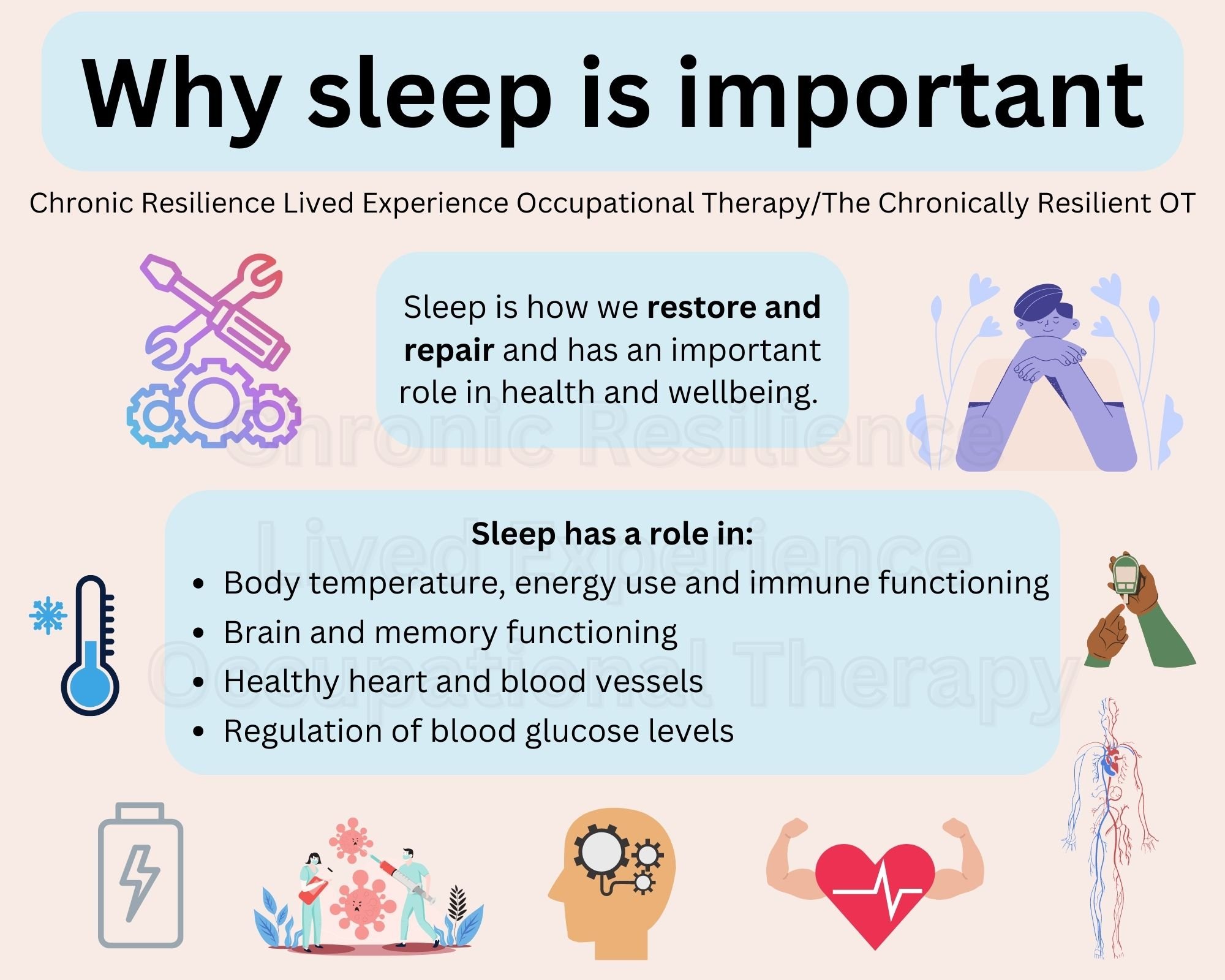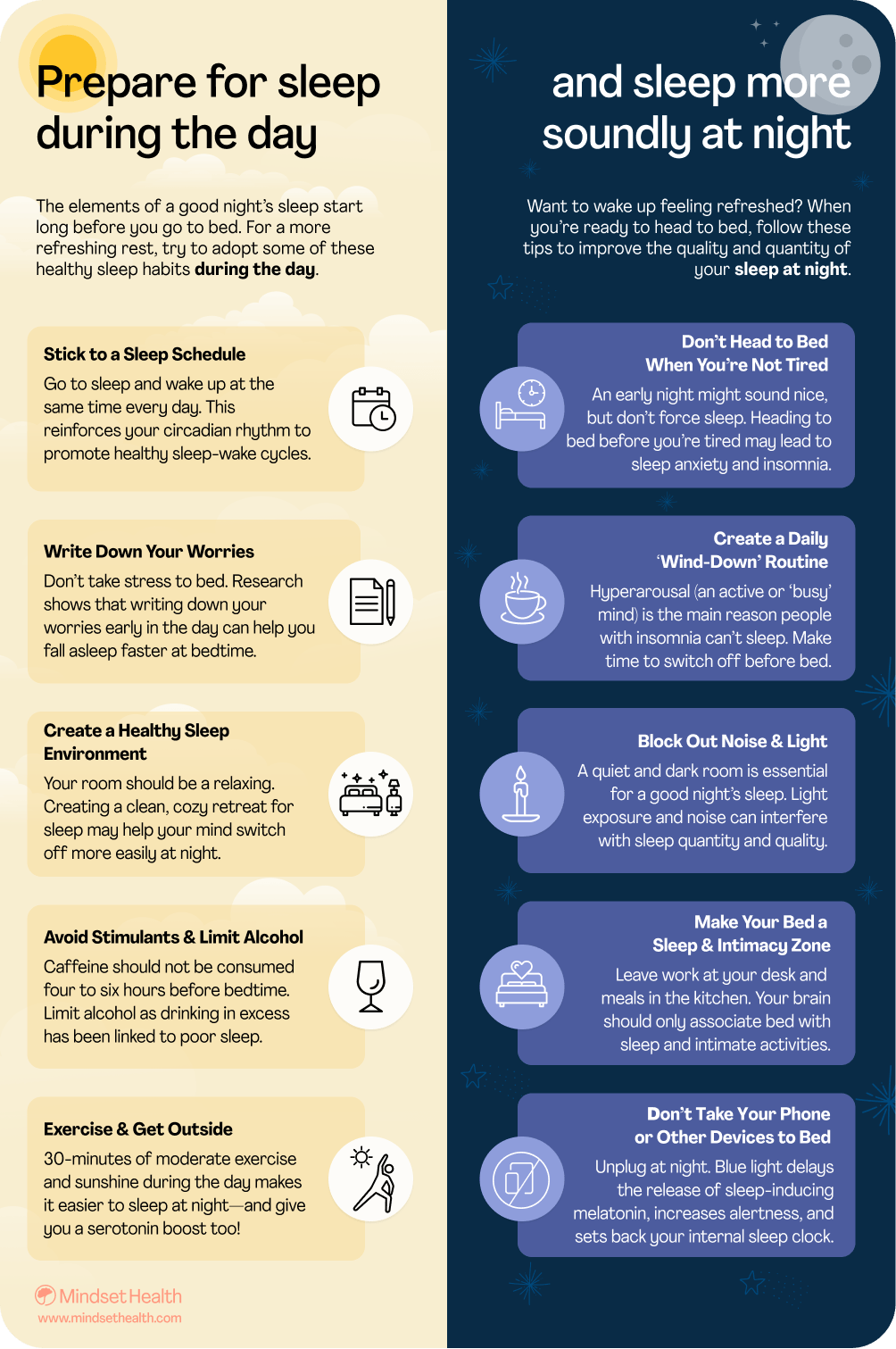Effective Sleep Health Maintenance Strategies for Better Rest
Are you struggling to get quality rest every night? Sleep health maintenance isn’t just about getting enough sleep—it’s about making sure you’re sleeping well. In this guide, we explore the most effective sleep health maintenance strategies to enhance your sleep quality, optimize your environment, and help you wake up feeling refreshed. Whether you’re dealing with insomnia, stress, or just poor sleep hygiene, these tips are designed to transform your sleep.
Why Sleep Health Maintenance Matters
Good sleep is essential for physical and mental well-being. It’s the foundation of healthy brain function, mood regulation, immune system strength, and overall vitality. When sleep health is neglected, it can lead to a variety of issues, including anxiety, depression, decreased cognitive performance, and weakened immunity. That’s why implementing sleep health maintenance strategies is crucial.
Sleep health maintenance isn’t just about the quantity of sleep you get—it’s about how well you sleep. If you feel groggy or unrested despite sleeping eight hours, it’s time to revisit your sleep habits and environment.
What Is Sleep Hygiene?
Sleep hygiene refers to a set of practices and habits that help improve sleep quality. Essentially, it’s the science behind good sleep. By adopting healthy sleep hygiene practices, you can train your body to fall asleep faster, stay asleep longer, and wake up feeling more refreshed.
These practices include things like maintaining a consistent sleep schedule, optimizing your sleep environment, and avoiding disruptive habits before bedtime. It’s about creating an environment and routine that supports your body’s natural sleep-wake cycle.
Key Strategies for Improving Sleep Health
Improving your sleep health doesn’t require drastic changes—sometimes, small tweaks can make a big difference. Here are the top strategies to improve your sleep health:
1. Maintaining a Consistent Sleep Schedule
One of the most important steps in improving your sleep is sticking to a consistent sleep schedule. Going to bed and waking up at the same time each day—yes, even on weekends—helps regulate your body’s internal clock, or circadian rhythm. This consistency signals to your brain when it’s time to rest and when it’s time to be alert.
- Tip: Set a bedtime alarm to remind yourself when it’s time to wind down.
- Tip: Try to avoid large variations in your sleep schedule, even on weekends, as this can disrupt your circadian rhythm.
2. Creating a Relaxing Bedtime Routine
A calming bedtime routine can signal to your body that it’s time to wind down. When you practice relaxation techniques, like reading, taking a warm bath, or listening to soothing music, your body transitions from an alert state to one that’s ready for sleep. Engaging in activities that promote relaxation—such as meditation or deep breathing—can help reduce stress and prepare your body for a restful night.
- Tip: Avoid stressful activities (like work emails or intense exercise) in the hour leading up to bedtime.
- Tip: If you have trouble unwinding, try using a relaxation app that guides you through breathing exercises or meditation.

3. Optimizing Your Sleep Environment
Creating a sleep-friendly environment is essential for better sleep. Your bedroom should be cool, dark, and quiet. If your bedroom isn’t conducive to sleep, it might be time to make some changes. Simple adjustments, like using blackout curtains or white noise machines, can dramatically improve your sleep quality.
Here are some tips to optimize your sleep environment:
- Darkness: Use blackout curtains to block out light or invest in a sleep mask.
- Noise: Consider using earplugs or a white noise machine to drown out disruptive sounds.
- Comfort: Invest in a comfortable mattress and pillows that support restful sleep.
- Temperature: Keep the room cool—aim for around 60-67°F (15-19°C), which is the ideal temperature range for sleep.
For more information on optimizing your sleep environment, check out these additional tips from the National Sleep Foundation.
4. Avoiding Stimulants and Heavy Meals Before Bed
The substances you consume during the day can greatly impact your ability to fall asleep. Caffeine, nicotine, and alcohol all interfere with sleep in different ways. Caffeine and nicotine are stimulants that keep you awake, while alcohol can disrupt your sleep cycle, leading to poor-quality rest.
Heavy meals before bed can also make it difficult to fall asleep, especially if you eat spicy or fatty foods that may cause indigestion. Try to avoid large meals in the 2-3 hours before bedtime.
- Tip: Limit caffeine consumption after 2 PM.
- Tip: If you’re hungry before bed, opt for a light snack, such as a small bowl of oatmeal or a banana, which can help promote sleep.
5. Exercise: Boosting Sleep Quality
Regular physical activity can enhance your sleep, but the timing is important. Exercise helps to reduce stress, alleviate anxiety, and promote better sleep quality. However, vigorous exercise close to bedtime may be too stimulating and could keep you awake.
The best time to exercise is earlier in the day—preferably in the morning or afternoon—so your body has time to wind down before bedtime. Aim for at least 30 minutes of moderate exercise, such as walking, cycling, or swimming, most days of the week.

Lifestyle Changes for Long-Term Sleep Health
Improving sleep is a journey, not a quick fix. Incorporating lifestyle changes into your daily routine is essential for long-term sleep health. These adjustments help build a foundation that supports consistent, high-quality rest over time.
1. Stress Management and Relaxation Techniques
Stress is one of the leading causes of poor sleep, making it important to find ways to manage it effectively. Practices like mindfulness, deep breathing exercises, and cognitive-behavioral therapy for insomnia (CBT-I) can help calm the mind and prepare it for rest. Learning to manage your stress is an essential component of maintaining good sleep health.
If stress is preventing you from falling asleep or staying asleep, consider trying guided meditation or relaxation apps such as Headspace or Calm.
2. Tracking Your Sleep with a Sleep Diary
Keeping track of your sleep habits is one of the best ways to identify areas where you can improve. A sleep diary can help you monitor your sleep patterns, track when you go to bed, when you wake up, and how you feel in the morning.
There are also several apps available, like Sleep Cycle, which automatically track your sleep patterns and offer tips on improving your rest.
3. Seeking Professional Help When Necessary
Sometimes, despite making all the right changes, sleep problems persist. If you find yourself consistently struggling with sleep despite following these strategies, it may be time to consult with a healthcare provider or a sleep specialist. Conditions such as insomnia, sleep apnea, or restless leg syndrome may require professional intervention and treatment.
To find a sleep specialist, visit the American Academy of Sleep Medicine website for more information.
Final Thoughts on Sleep Health
Incorporating these sleep health maintenance strategies into your daily routine can significantly enhance your overall sleep quality. Whether you’re struggling with insomnia, stress, or just want to optimize your rest, the tips we’ve shared provide evidence-based practices that can make a real difference.
Remember, good sleep is not a luxury—it’s a necessity for both your mental and physical well-being. By improving your sleep hygiene, adjusting your environment, and making simple lifestyle changes, you’ll not only sleep better but also boost your productivity, mood, and overall quality of life.
As with anything related to health, consistency is key. It’s important to integrate these strategies into your life gradually and be patient. Over time, these habits will become second nature, and you’ll notice the benefits in your energy levels, mood, and ability to focus during the day.
Don’t forget to consult a sleep specialist if sleep difficulties persist. For deeper insights into sleep disorders or if you’re considering advanced solutions, check out our NeuroTechInsider reviews and comparisons of wearable sleep technologies like Apollo Neuro, Sensate, NeuroVIZR, and Audicin—devices designed to address the underlying causes of poor sleep, including stress, anxiety, and circadian misalignment.
Frequently Asked Questions (FAQs)
- Q: How long will it take to see improvements in my sleep quality?
- Q: Can relaxation apps really help me sleep better?
- Q: Is there a connection between exercise and sleep?
- Q: What are the best wearable devices for sleep?
- Q: Should I seek professional help for my sleep issues?
A: Most people notice some improvements in their sleep quality within a few weeks of making these changes. However, long-term benefits may take a few months to become fully evident, especially if you have deeper sleep issues such as insomnia or sleep apnea.
A: Yes, many relaxation apps are designed to guide you through meditation and deep breathing exercises, which can help reduce stress and prepare your body for rest. Apps like Headspace and Calm offer a variety of sleep-related content that may enhance your sleep hygiene routine.
A: Yes! Regular physical activity can significantly improve sleep quality. It helps regulate your circadian rhythm and reduce symptoms of anxiety and depression. However, avoid vigorous exercise within a few hours of bedtime, as it may interfere with your ability to fall asleep.
A: Some of the most effective wearable devices for sleep include Apollo Neuro, Sensate, and NeuroVIZR. These devices use non-invasive brain stimulation techniques to help promote relaxation, reduce stress, and enhance sleep quality. Learn more about these devices on NeuroTechInsider.
A: If you’ve tried several sleep health strategies and still struggle with persistent sleep problems, it might be time to consult a healthcare provider. Conditions like sleep apnea, chronic insomnia, or restless leg syndrome require professional diagnosis and treatment. For more guidance, visit The American Academy of Sleep Medicine.
Where to Learn More About Sleep and Neurotechnology
If you’re interested in exploring advanced solutions for sleep problems, NeuroTechInsider.com is your go-to hub for expert reviews and in-depth comparisons of the latest wearable technologies designed to improve sleep. We explore products like Apollo Neuro, Sensate, and NeuroVIZR—devices that harness the power of neurostimulation to help you sleep better, manage stress, and enhance overall brain wellness.
Check out our reviews and detailed analysis of how these devices can help with sleep disorders, click here.
Stay Connected for the Latest Sleep Tech Insights
For more tips on sleep health and the latest in wearable technology, be sure to subscribe to our newsletter or follow us on social media. At NeuroTechInsider, we bring you the latest news, science, and reviews to help you make informed decisions on the best sleep-enhancing devices.

Conclusion
Achieving quality sleep is more important than ever in today’s fast-paced, technology-driven world. By adopting these simple yet effective sleep health maintenance strategies, you can create the ideal environment for deep, restorative sleep. Whether it’s adjusting your schedule, creating a calming bedtime routine, or incorporating wearable technologies, these strategies can set the foundation for better sleep, improved mood, and enhanced cognitive performance.
If you’re interested in taking your sleep health to the next level, be sure to explore wearable devices that help with sleep, stress, and cognitive performance. With products like Apollo Neuro, Sensate, and NeuroVIZR, you can leverage non-invasive technology to improve your sleep health and overall well-being. Get started today by exploring these innovative devices on NeuroTechInsider.
Don’t settle for poor sleep. Embrace these strategies, and start your journey toward better sleep tonight!
